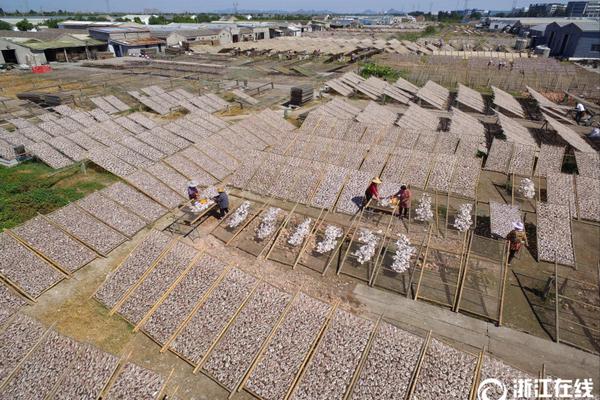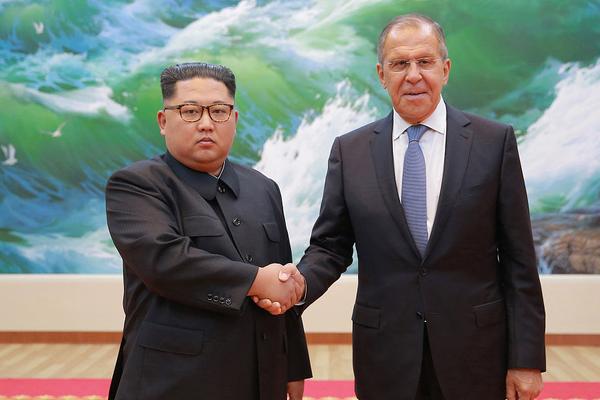【】
Facebook has flown its full-sized solar-powered airplane for the first time, after years of anticipation.
The large drone -- named Aquila -- had a successful test flight and ended up remaining in the sky for 90 minutes, which Facebook said was three-times longer than planned.
Aquila was announced at the F8 conference in March 2015, and although flights have happened on smaller models of the drone this is the first test of the full-sized version. Its main purpose, the company said, is to provide internet to the 4 billion people in the world that don't have access.
The drone has a wingspan comparable to a Boeing 737 and the finished product will need to fly at altitudes of between 60,000 to 90,000 for a period of three months.
Although it is large and expected to remain in flight for that amount of time, the unmanned device is expected to only consume the same amount of energy as a hairdryer or a microwave.
"Aquila is a solar-powered airplane that can be used to bring affordable internet to hundreds of millions of people in the hardest-to-reach places. When complete, Aquila will be able to circle a region up to 60 miles in diameter, beaming connectivity down from an altitude of more than 60,000 feet using laser communications and millimeter wave systems," the company said in a statement.
Aquila is a key part of Facebook's far-ranging plan to bring the whole world online through Internet.org. In blog post Thursday, Mark Zuckerberg laid out his vision for how the company's solar-powered drone could eventually turn that vision into a reality.
"Eventually, our goal is to have a fleet of Aquilas flying together at 60,000 feet, communicating with each other with lasers and staying aloft for months at a time -- something that's never been done before," Zuckerberg wrote.
That ambitious goal is still several years away, though. Zuckerberg notes there are still several major engineering hurdles to overcome, like how to make the craft even lighter and how to reduce its reliance on the ground crew that helps operate the plane.
The CEO said they will continue to do more tests over the next year, with the goal of getting Aquila to fly at higher altitude for longer periods of time.
Additional reporting by Karissa Bell.
Have something to add to this story? Share it in the comments.
TopicsFacebook
相关文章

Carlos Beltran made a very interesting hair choice
Apparently the Texas Rangers' Carlos Beltran is taking hair advice from another Carlos in sports --2025-04-24
Venmo now lets users buy and sell Bitcoin and Ethereum
Venmo is jumping aboard the cryptocurrency bandwagon. The social payment service announced on Tuesda2025-04-24
SXSW beat the pandemic by building Austin in VR for festival attendees
I was in a freefall high above Congress Avenue, or some acid-dream version of it, in Austin, (defini2025-04-24
Vivo partners with Zeiss for its new X60 flagship phones
It seems that partnering up with a big camera name is the thing you simply must do as a smartphone m2025-04-24
This chart shows just how high Simone Biles can jump
American gymnast Simone Biles has dominated the Rio Olympics with five medals (four of them gold) bu2025-04-24
Why 1619 is an important year in U.S. history
We look to history to help us understand who we are today. Yet history is also an imperfect, often i2025-04-24

最新评论